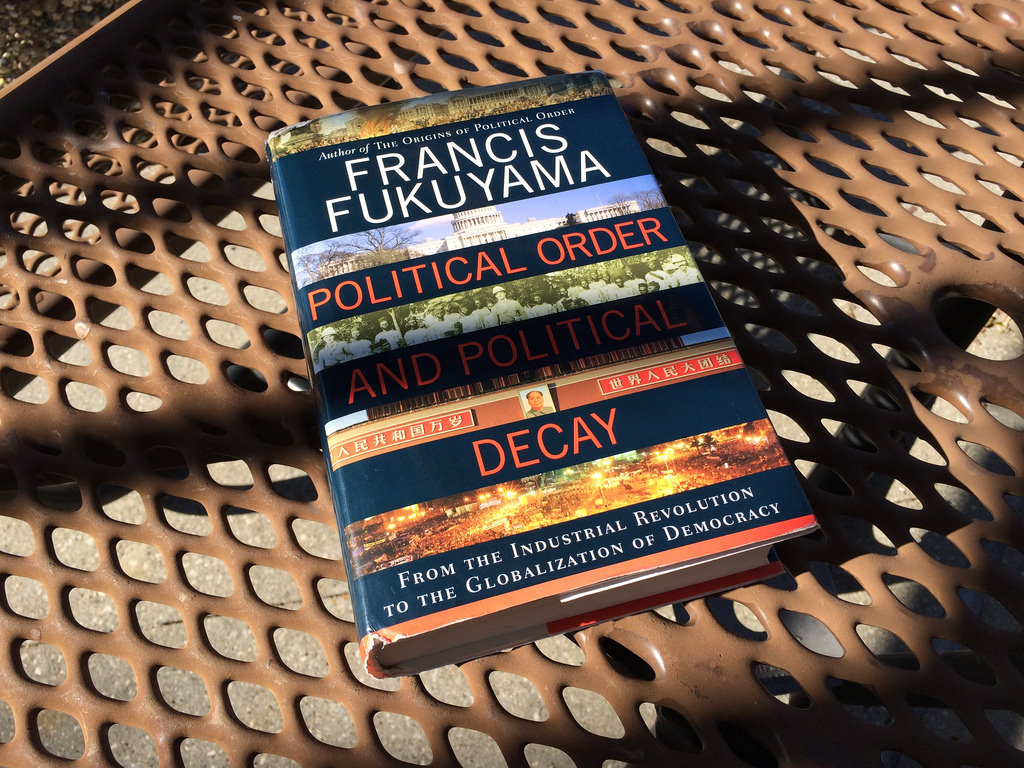Words By Paige Braithwaite
Since her childhood roles in the Mickey Mouse Club and to her career as one of the world’s most famous pop stars, Britney Spears has always been a firm favourite of the paparazzi and public alike. She has gone from sudden global fame in her ‘Baby One More Time’ and ‘Toxic’ days to fascination and intrigue during her very public breakdown. The new ‘Framing Britney Spears’ documentary from the New York Times gives further insight into the life of Britney Spears, but the documentary is not without issues.
The documentary traces us through her rise to fame and focuses on the controversial twelve year-long conservatorship she was placed under in 2008 after a period of mental health issues. The conservatorship takes legal control of financial assets, personal assets, and her estate, with her father as the sole conservator despite – as the documentary shows us – being markedly absent in much of his daughter’s early life. A pertinent moment comes from a lawyer Adam Streisand who Britney was looking to appoint when her conservatorship was first being arranged. In his opinion Britney was making sound judgements and accepted the conservatorship was now unavoidable, but her single request was that an independent professional figure be the conservator – anyone but her father.
To the public her conservatorship does appear confusing. Her career has remained strong and with conservatorships being reserved for people deemed incompetent in managing different matters themselves, Britney’s numerous tours, shows, albums and appearances on shows such as the X Factor do bring up huge questions on her supposed lack of capability. If she can engage in her career so successfully, it is astonishing this legal arrangement controlling so much of her life has lasted this long. We can of course never know all the details and the tight closed group of her family who all declined participation in the documentary, signpost how much we do not truly know.
From her early career and onwards we see Britney adamant at the role she has in own career and decisions within it, determined not to be viewed as a young woman dictated to by her managers. This is a heart-breaking contrast to how she is clearly treated later, dismissed by the people around her and in Britney’s own words “They hear me but they’re really not listening. They’re hearing what they want to hear…it’s bad and I’m sad.” Has Britney been let down by her family or by the legal system? Is this a misunderstanding of mental health issues and would this have happened to a male celebrity? All these questions go through your mind when learning this story.
As well as the unique situation of Britney’s conservatorship, the documentary unveils the sexism in the media, which so many female celebrities are subjected to. There is uncomfortable viewing where we witness a younger Britney being questioned about potential breast implants and her sex life. While on the one hand she was lauded for her iconic ‘Baby One More Time’ music video, she was also hounded for her image and branded a bad role model. A particularly shocking interview shows Britney being told that the wife of a former state governor said “really, if I had an opportunity to shoot Britney Spears, I think I would”, before Britney becomes visibly upset. The viewing is a strong reminder of how often it is forgotten that there are real young women behind the celebrity names.
Much of the humanity in the documentary comes from Britney’s former assistant Felicia Culotta who comes across emotionally invested in Britney’s life and situation. She has great hope for Britney to tell her own story and this moment was particularly poignant; making us question ourselves for the role we play in rumours, media crazes and fascinations with celebrities. The paparazzi and media have been relentless in pursuing Britney for much of her life and we must ask ourselves if documentaries such as this can be problematic in themselves. It has no doubt reignited important conversations about mental health and how celebrities are treated, as well as showing the deplorable sexism from the media. But can we not have these conversations without the vulnerabilities of Britney’s life being pulled out for consumption all over again? Especially when we can never have all the facts on Britney’s experience. By hopping onto the #freebritney bandwagon we might risk merely fuelling the pattern of obsession and frenzy surrounding her life. Britney’s story is an important one, but when the most essential voice – Britney’s own – is left out of it, there must be caution on who gets to tell these stories and why.
I for one, am with her former assistant: I hope one day Britney Spears is able to tell her own story and should she wish to do so, shed light on an eventful life and career filled with trouble and pain, as well as such stardom and adoration.




